8 results in Anthem Series on Russian, East European and Eurasian Studies
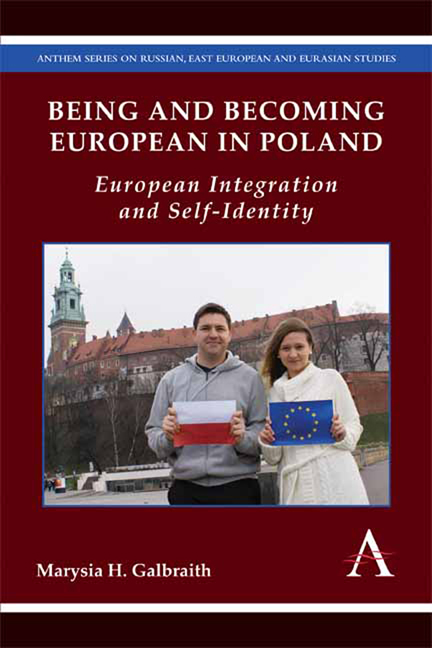
Being and Becoming European in Poland
- European Integration and Self-Identity
-
- Published by:
- Anthem Press
- Published online:
- 03 November 2017
- Print publication:
- 01 June 2014

Ethnographies of Grey Zones in Eastern Europe
- Relations, Borders and Invisibilities
-
- Published by:
- Anthem Press
- Published online:
- 05 December 2015
- Print publication:
- 15 April 2015
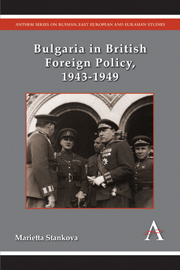
Bulgaria in British Foreign Policy, 1943–1949
-
- Published by:
- Anthem Press
- Published online:
- 05 October 2014
- Print publication:
- 01 July 2014

Conditioning Democratization
- Institutional Reforms and EU Membership Conditionality in Albania and Macedonia
-
- Published by:
- Anthem Press
- Published online:
- 05 June 2014
- Print publication:
- 15 April 2014
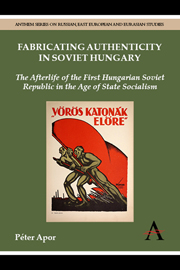
Fabricating Authenticity in Soviet Hungary
- The Afterlife of the First Hungarian Soviet Republic in the Age of State Socialism
-
- Published by:
- Anthem Press
- Published online:
- 05 April 2014
- Print publication:
- 01 March 2014

Global Villages
- Rural and Urban Transformations in Contemporary Bulgaria
-
- Published by:
- Anthem Press
- Published online:
- 05 February 2014
- Print publication:
- 01 October 2013
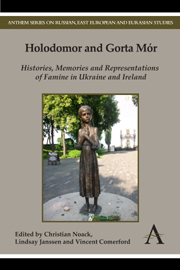
Holodomor and Gorta Mór
- Histories, Memories and Representations of Famine in Ukraine and Ireland
-
- Published by:
- Anthem Press
- Published online:
- 05 May 2013
- Print publication:
- 15 November 2012
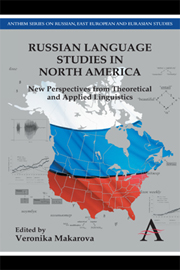
Russian Language Studies in North America
- New Perspectives from Theoretical and Applied Linguistics
-
- Published by:
- Anthem Press
- Published online:
- 05 November 2012
- Print publication:
- 01 June 2012

